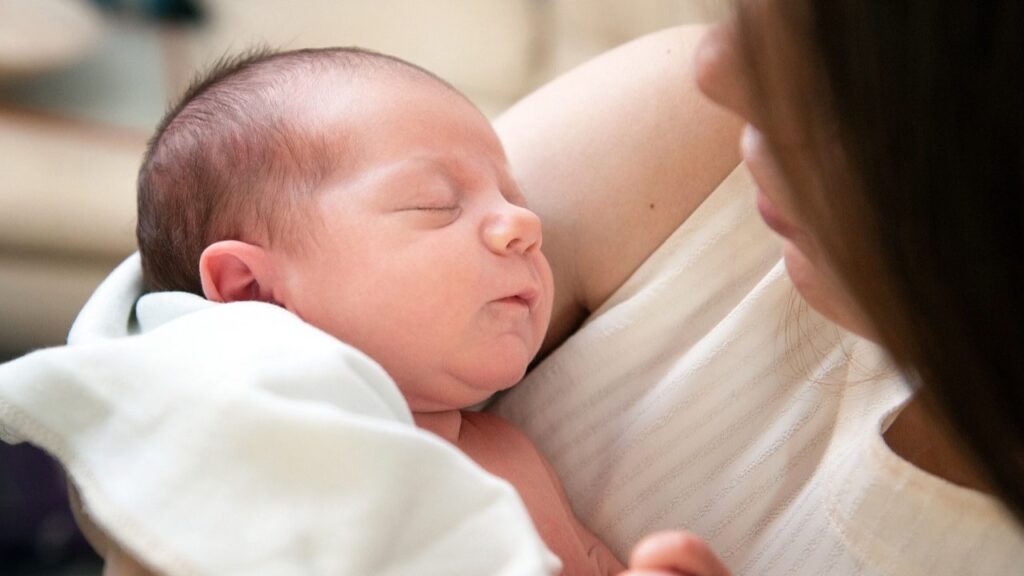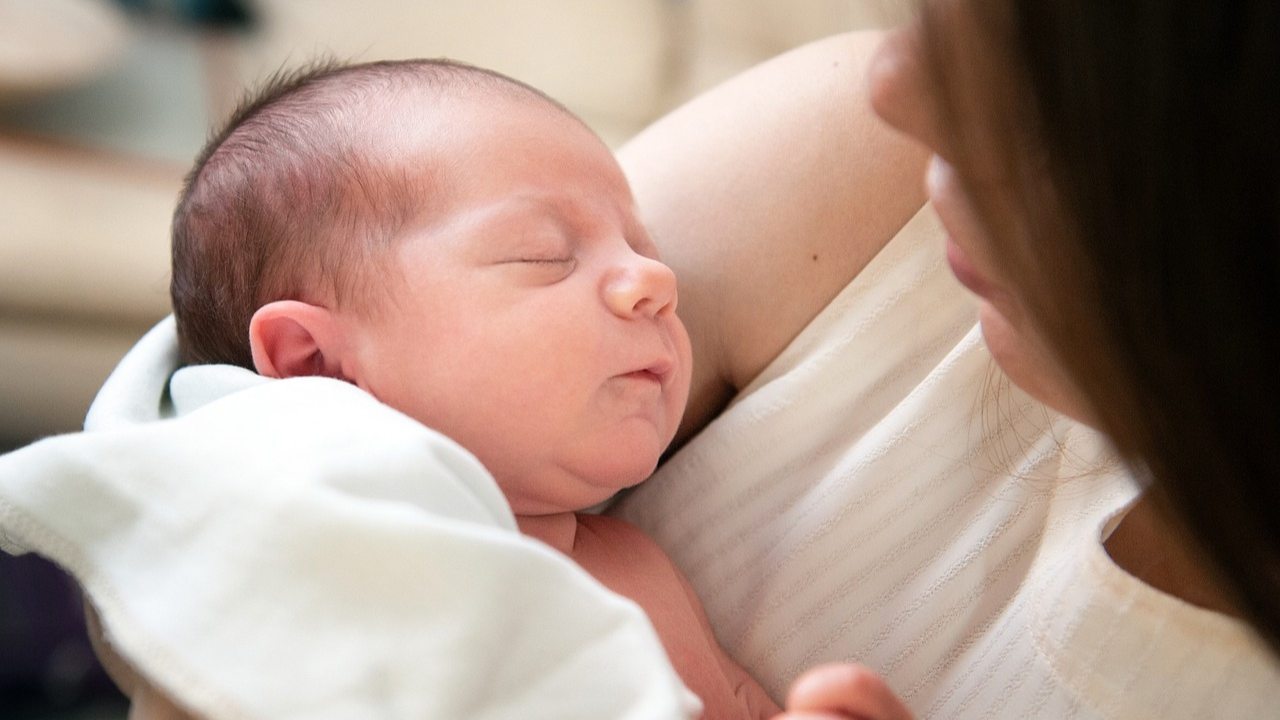Parenting is one of life’s most rewarding journeys, but it can feel overwhelming, especially for first-time parents. The early days are crucial for a baby’s development, and understanding how to take good care of a baby sets the foundation for their health and happiness. Whether it’s providing comfort, ensuring safety, or fostering emotional connections, every action matters in your baby’s upbringing.
This guide outlines 9 essential practices every parent must know to ensure their baby grows in a nurturing and healthy environment.
9 Essential Practices for Taking Good Care of a Baby You Should Know

1. Focus on Newborn Baby Care Essentials
The first few weeks of a baby’s life are all about adjusting to the world outside the womb. Mastering newborn baby care essentials is the first step in providing proper care.
- Key Essentials to Prioritize:
- Proper feeding: Breastfeed or use formula as advised by your pediatrician.
- Diapering: Change diapers frequently to prevent rashes and discomfort.
- Safe clothing: Dress your baby in weather-appropriate, soft fabrics.
- Example Tip:
Keep a diaper bag stocked with essentials like wipes, extra clothes, and feeding supplies when going out.
This foundational care ensures your baby feels safe and comfortable in their new environment.
2. Maintain Optimal Hygiene for Baby’s Health
Good hygiene is critical for protecting your baby’s developing immune system. It’s one of the best practices for baby health and safety to prevent common infections.
- Hygiene Practices to Follow:
- Wash hands thoroughly before touching the baby.
- Sterilize feeding bottles, pacifiers, and other baby equipment.
- Gently clean the umbilical stump and fold the diaper below it until it heals.
- Parenting Advice for First-Time Moms:
Use mild baby soap and warm water to bathe your baby 2–3 times a week; too much bathing can dry their delicate skin.
Hygiene practices, when followed consistently, protect your baby from unnecessary health risks.
3. Create a Safe Sleeping Environment

A safe sleeping setup reduces the risk of Sudden Infant Death Syndrome (SIDS) and other hazards, forming a critical part of best practices for baby health and safety.
- Key Sleeping Tips:
- Always place your baby on their back to sleep.
- Use a firm mattress with a fitted sheet.
- Keep soft toys, pillows, and blankets out of the crib.
- Pro Tip:
Use a sleep sack to keep your baby warm without the risk of loose bedding.
Creating a secure sleep environment gives your baby restful, undisturbed sleep, which is essential for their growth and development.
4. Feed Your Baby Responsively
Responsive feeding ensures your baby gets the nutrition they need while strengthening your bond. Understanding how to take good care of a baby involves recognizing and responding to their feeding cues.
- Tips for Responsive Feeding:
- Watch for hunger signs like rooting, sucking on hands, or lip-smacking.
- Burp your baby after each feeding session to reduce gas discomfort.
- Track feeding times and amounts to ensure your baby is getting enough.
- Example for New Parents:
If you’re breastfeeding, establish a latch technique early on with the help of a lactation consultant if needed.
Responding promptly to hunger cues helps build trust and keeps your baby content.
5. Establish a Daily Routine
Babies thrive on routines, as they provide predictability and a sense of security. Creating a daily structure is a vital part of parenting advice for first-time moms.
- Steps to Establish a Routine:
- Plan consistent feeding, playtime, and nap schedules.
- Include calming activities like reading or rocking before bedtime.
- Observe your baby’s natural rhythms and adapt your routine accordingly.
- Example Routine:
A typical evening might include a warm bath, feeding, and dim lighting to signal bedtime.
Routines foster a harmonious environment, making daily caregiving smoother for parents.
6. Encourage Emotional Connection and Interaction
Bonding is essential for your baby’s emotional and neurological development. Interaction is also one of the easiest ways to implement maternal health tips into daily caregiving.
- How to Bond with Your Baby:
- Engage in skin-to-skin contact, especially during the first few weeks.
- Talk, sing, or read to your baby to stimulate their auditory senses.
- Smile and make eye contact to reinforce emotional security.
- Pro Tip for First-Time Moms:
Use playtime to introduce textures, sounds, and colors, stimulating your baby’s sensory development.
These interactions help your baby feel loved, building their trust in you as their caregiver.
7. Schedule Regular Pediatric Check-Ups
Staying on top of your baby’s health through routine doctor visits is a cornerstone of newborn baby care essentials.
- Why Regular Check-Ups Matter:
- Track your baby’s growth and developmental milestones.
- Get vaccinations to protect against preventable diseases.
- Receive professional advice on feeding, sleeping, and other concerns.
- Tip for Parents:
Create a calendar reminder for immunizations and check-ups to stay on schedule.
These visits ensure that your baby remains on track for healthy growth and development.
8. Baby-Proof Your Home
As your baby grows, they become more curious, making safety a priority. Baby-proofing your home is one of the best practices for baby health and safety.
- Baby-Proofing Tips:
- Cover electrical outlets and secure furniture to the walls.
- Store small objects and choking hazards out of reach.
- Install baby gates near stairs and other restricted areas.
- Pro Tip:
Regularly inspect toys and pacifiers for wear and tear that could pose safety risks.
A baby-proofed environment allows your child to explore safely while reducing parental stress.
9. Take Care of Yourself
Finally, your health as a parent directly impacts your ability to care for your baby. Incorporating self-care into your routine aligns with pregnancy health management practices and continues into parenthood.
- How to Stay Healthy as a Parent:
- Rest when your baby naps to combat fatigue.
- Eat balanced meals to maintain your energy levels.
- Seek support from family, friends, or parenting groups to reduce stress.
- Example Tip:
Join a local parenting class or online forum for advice and camaraderie.
When you take care of yourself, you’re better equipped to nurture and care for your baby effectively.
Read also: How Does a Mother Take Care of Her Baby? 9 Tips Every Mom Needs
Conclusion
Learning how to take good care of a baby may seem daunting, but with the right practices, it becomes a joyful and fulfilling journey. From mastering newborn baby care essentials to ensuring safety and emotional bonding, each step contributes to your baby’s well-being.
By focusing on routines, proper hygiene, and emotional connection, parents can build a nurturing environment where their child thrives. Remember, your efforts in caregiving today lay the foundation for your baby’s future health and happiness.
FAQs About Taking Care of a Baby
What are the essential items for newborn baby care?
Essentials include diapers, baby wipes, clothing, feeding supplies, and a safe crib. These items provide comfort and security for your baby.
How can I create a safe sleeping environment for my baby?
Place your baby on their back to sleep, use a firm mattress, and avoid loose bedding or toys in the crib to reduce risks.
What are some effective routines for newborns?
Establish consistent feeding, sleeping, and playtime schedules to help your baby adapt to their environment.
How can I bond with my baby?
Engage in skin-to-skin contact, talk to your baby, and use eye contact to build emotional connection and trust.
Why are regular pediatric check-ups important?
Check-ups monitor your baby’s growth, ensure timely vaccinations, and address any health concerns early on.





Pingback: how does a mother take care of her baby | 9 Essential Tips